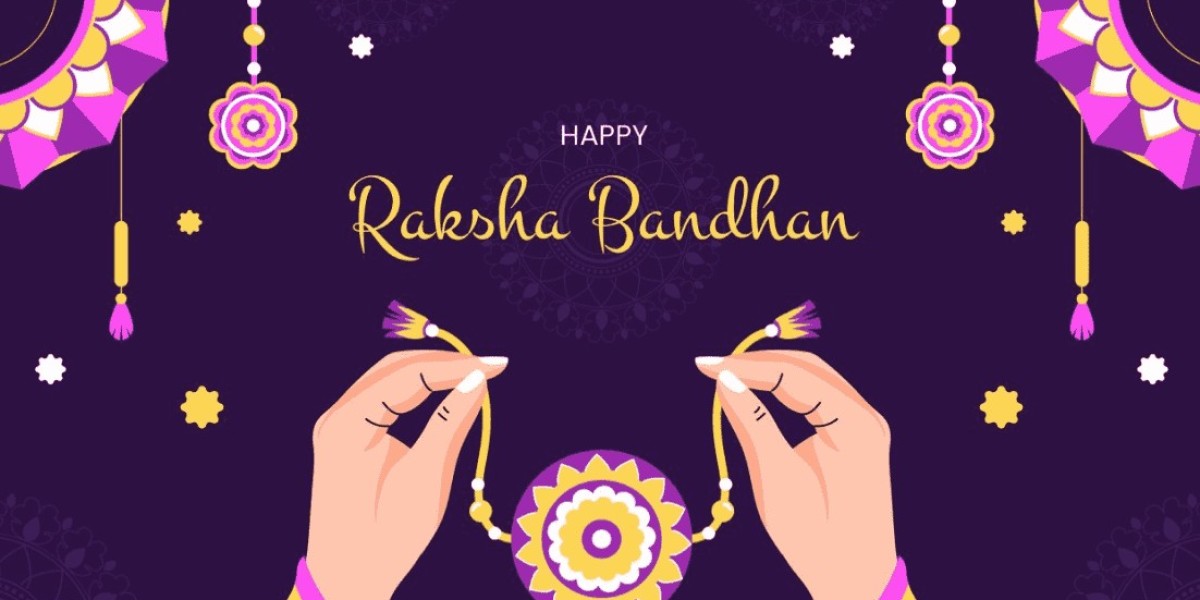Photo workshops are immersive learning experiences designed to help photographers of all levels refine their skills, explore new techniques, and gain practical, hands-on experience. These workshops offer a structured environment for learning, providing personalized feedback, and fostering creativity. Here’s an in-depth guide on what photo workshops entail, their benefits, and how to make the most out of them.
What is a Photo Workshop?
A photo workshop is an interactive, educational event focused on teaching specific aspects of photography. Unlike traditional classroom settings, workshops are often hands-on, involving practical exercises, real-world applications, and immediate feedback. They can vary in duration from a few hours to several days and may cover various topics, including technical skills, artistic techniques, and post-processing.
Benefits of Photo Workshops
Hands-On Experience: Workshops provide practical, hands-on learning opportunities. Participants engage in shooting exercises, experiments, and real-time practice, which helps solidify theoretical knowledge.
Expert Instruction: Workshops are typically led by experienced photographers or educators who offer valuable insights into techniques, industry trends, and personal experiences. Their guidance can help you improve your skills and gain new perspectives.
Personalized Feedback: One of the key advantages of workshops is the opportunity to receive personalized feedback on your work. Instructors provide critique and suggestions tailored to your individual needs and goals.
Focused Learning: Workshops often concentrate on specific areas of photography, such as portrait, landscape, or macro photography. This focus allows for in-depth exploration and mastery of particular techniques.
Networking Opportunities: Attending a workshop allows you to connect with fellow photographers, share ideas, and build professional relationships. Networking can lead to collaborative projects and inspiration.
Types of Photo Workshops
Beginner Workshops: Ideal for those new to photography, these workshops cover fundamental topics such as camera settings, composition, and basic techniques. They aim to build a solid foundation for further learning.
Advanced Workshops: Targeted at experienced photographers, these workshops delve into complex techniques and advanced topics, such as high dynamic range (HDR) photography, long-exposure techniques, or specialized shooting scenarios.
Genre-Specific Workshops: Focused on particular genres, such as wildlife, portrait, street, or architectural photography, these workshops provide tailored instruction and field experience relevant to each genre.
Post-Processing Workshops: These workshops teach skills related to editing and enhancing photos using software like Adobe Lightroom or Photoshop. Topics may include color correction, retouching, and creative effects.
Themed Workshops: Centered around specific themes or concepts, such as storytelling through photography or conceptual art, these workshops encourage creative exploration and personal expression.
How to Choose the Right Photo Workshop
Identify Your Goals: Determine what you want to achieve from the workshop, whether it’s mastering a specific technique, enhancing your portfolio, or exploring a new genre.
Research the Instructor: Look into the background and expertise of the workshop leader. Ensure their experience and teaching style align with your learning objectives.
Check the Curriculum: Review the workshop’s curriculum to ensure it covers topics that interest you and includes practical exercises and opportunities for feedback.
Consider the Format: Decide whether you prefer in-person, online, or hybrid workshops. In-person workshops offer hands-on practice, while online options provide flexibility and access to a wider range of instructors.
Assess the Cost and Duration: Compare the cost of the workshop with what’s included, such as materials, access to resources, and any additional support. Consider the duration to ensure it fits your schedule.
Tips for a Successful Workshop Experience
Prepare Your Gear: Bring all necessary equipment, including your camera, lenses, and any accessories. Ensure everything is in good working order before the workshop starts.
Be Open to Feedback: Embrace constructive criticism and use it as an opportunity to grow. Active engagement with feedback can significantly enhance your skills.
Participate Actively: Engage in discussions, ask questions, and collaborate with fellow participants. Active participation enhances the learning experience and fosters a supportive environment.
Practice Regularly: Apply what you’ve learned in the workshop to your own projects. Regular practice helps solidify new techniques and improves your overall proficiency.
Reflect on Your Learning: Take time to review your work and reflect on what you’ve learned. This helps in understanding your progress and identifying areas for further development.
Conclusion
Photo workshops offer a dynamic and interactive way to advance your photography skills, whether you’re a beginner or an experienced photographer. By providing hands-on experience, expert instruction, and personalized feedback, they create an environment where creativity and technical proficiency can thrive. Whether you’re looking to refine your technique, explore new genres, or simply enjoy the art of photography, a well-chosen photo workshop can be a valuable and inspiring experience. So find a workshop that matches your interests and goals, and get ready to elevate your photography skills!







